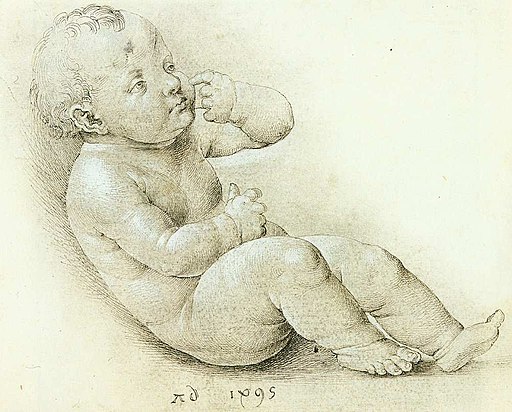 In this day after Christmas edition of Acton Commentary, I take a look at the message the Christ child brings to us, particularly in terms of promoting a culture of birth. In “The Hopes and Fears of All the Years,” I note that “Where evil leaves us speechless, God speaks the Word of hope and salvation.”
In this day after Christmas edition of Acton Commentary, I take a look at the message the Christ child brings to us, particularly in terms of promoting a culture of birth. In “The Hopes and Fears of All the Years,” I note that “Where evil leaves us speechless, God speaks the Word of hope and salvation.”
The Italian greeting Buon Natale captures this a bit better than the English, “Merry Christmas.”
It struck me that this Christmas season, especially given all of the violent tragedies we’ve seen in America over recent weeks, was a wonderfully appropriate time to reflect on the hope of this birth for our world. The Dutch theologian Herman Bavinck writes evocatively that “the holy family is the example of the Christian home.”
Very often the “culture of life” and the “culture of death” are juxtaposed, but I want to point to particular aspect of that juxtaposition. Life and death are in some sense not precisely coordinate; if by death we mean the point of departure from this world (and in the traditional Christian understanding) the separation of the soul and the body, then the time of birth and death are in some sense more precisely related.
It’s no secret that the developed world in general, and more recently the United States in particular, faces some serious demographic challenges. Much of this has to do with the absence of a culture of life in general, and a culture of birth in particular. The causes are indeed complex; but in a profound way they are spiritual rather than merely economic or political.
Many parents, reflecting on the troubles of their own lives or the corruption of the world around them, wonder how they might in good conscience bring another life into this world. From this perspective, bearing and raising a child is an act of hope and defiance in the face of the abyss. In a world that largely embraces meaninglessness and despair, merely having kids can be profoundly counter-cultural.
A culture of birth is, in this way, the foundation to broader social flourishing. As Bavinck puts it, “In the family we get to know the secret of life, the secret, namely, that not selfishness but self-denial and self-sacrifice, dedication and love, constitute the rich content of human living.” And as Luther observed so vividly, the act of changing a diaper is a profound act of service and as such, a profound act of worship to God.

